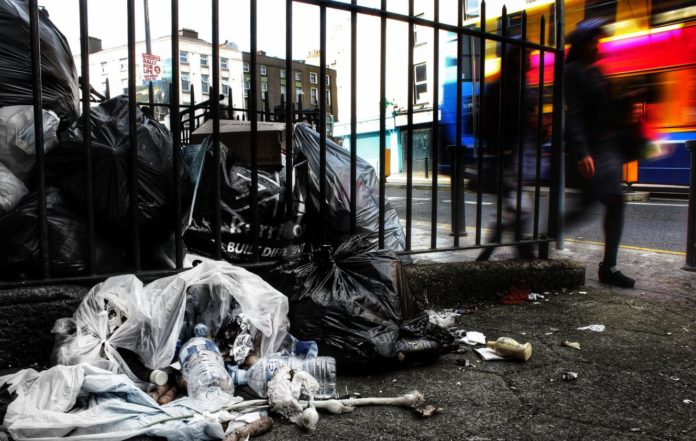Pandemic shopping sprees – from panic purchasing to boredom buying online – have also taken a toll on Americans’ sustainability.
A new survey of 2,000 nationally representative Americans revealed that 69% of those who currently live under a plastic bag ban support it, and 42% of those who don’t live under a ban would support the introduction of one.
Nearly half (48%) are in favor of plastic bag bans at the state level, and 44% even support a national ban on plastic bags.
- Does This Mean We Stopped Being Animal and Started Being Human Due to ‘Copy Paste’ Errors?
- The One Lifestyle Choice That Could Reduce Your Heart Disease Risk By More Than 22%
- Aging: This Is What Happens Inside Your Body Right After Exercise
- Immune-Boosting Drink that Mimics Fasting to Reduce Fat – Scientists ‘Were Surprised’ By New Findings
- Gun Violence in America: What They Don’t Talk About at the Debate
Yet over a third of Americans (34%) admitted that they’ve become “sustainability shirkers” since the start of the pandemic, and 52% of respondents say they’ve used plastic bags and similarly unsustainable packaging more often than they would have liked.
Conducted by OnePoll and commissioned by Hydros, the study also revealed the other “eco-vices” that have become common among Americans since the start of the pandemic.
Over three in 10 copped to the bad habit of over-using single-use paper products like paper towels.
Roughly the same proportion admitted to using cleaning products with harsh chemicals – likely out of an understandable concern for wanting to keep their homes COVID-free.
Yet more than one in five respondents reported that they were most likely to express remorse about a different type of eco-vice.
Twenty percent reported feeling most guilty about increasing their reliance on single-use plastic water bottles during the pandemic.
“Changes in consumer behavior during the pandemic show just how fragile our sustainable habits can be, and make the argument for thoughtfully designed alternatives to single-use plastics that are easy, cost-efficient and enjoyable to use,” said Hydros CEO Winston Ibrahim.
When it came to the specific kinds of single-use plastics that respondents had become more reliant on since the start of the pandemic, plastic water bottles (51%) were the number one culprit, trailed by plastic bags (49%) and cutlery (30%).
Pandemic shopping sprees – from panic purchasing to boredom buying online – have also taken a toll on Americans’ sustainability.
A further four in 10 report that the pressures of the pandemic have led them to purchase from stores and companies whose packaging or shipping practices are known to be wasteful.
And it’s come at an emotional cost, as well, as over three-quarters of respondents who have made such purchases agreed that they feel guilty about them.
In spite of this, respondents were generally optimistic about returning to more eco-friendly habits, with a full 69% reporting that they have a plan for getting back on track.
As for the specifics of those plans, about half (46%) plan to gradually phase out their unsustainable habits as things return to “normal.”
“What many people don’t realize is that they can make the biggest impact on climate change by voting with their wallets – that is, by supporting products that do not produce single use waste, and by monitoring their household’s habits,” added Ibrahim.
- Does This Mean We Stopped Being Animal and Started Being Human Due to ‘Copy Paste’ Errors?
- The One Lifestyle Choice That Could Reduce Your Heart Disease Risk By More Than 22%
- Aging: This Is What Happens Inside Your Body Right After Exercise
- Immune-Boosting Drink that Mimics Fasting to Reduce Fat – Scientists ‘Were Surprised’ By New Findings
- Gun Violence in America: What They Don’t Talk About at the Debate
“These small changes can produce incredible and readily actionable outcomes. In this sense, consumers have the power to move faster, and make a bigger upfront difference, than slow regulatory and political processes.”
